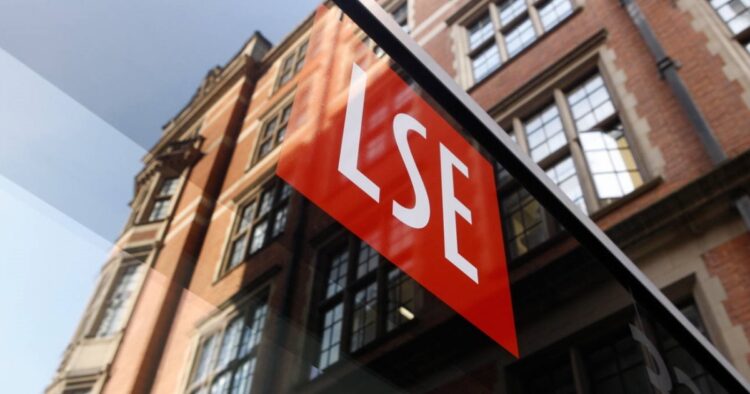By Gabriel Princewill-
LSE researchers are part of a global team which have been awarded $1.6m USD grant from the Bill & Melinda Gates Foundation to examine the real-time impact of COVID-19 on women’s health, social and economic welfare are part of a global team which has been
The team today revealed that they are united in the goal of providing rapid guidance and recommendations to policymakers, and others responsible for responding to the pandemic. The objective of their research is to identify how COVID-19 is affecting women and men differently, as well as gaps in preparedness and response.
Dr Clare Wenham, from the Department of Health Policy, and Professor Naila Kabeer, from the Department of International Development and Department of Gender Studies, are jointly working on the project with academics from Bangladesh, Brazil, Canada, Democratic Republic of Congo, Hong Kong, Kenya, Nigeria and the USA.
The original Gender and COVID-19 Project was focused on China, Hong Kong, the UK and Canada, with extra support from the Canadian Institutes for Health Research (CIHR).
The researchers say they will use the additional funding from the foundation to work with local partners to conduct qualitative case studies and panel surveys on the economic impacts of the pandemic on vulnerable populations in five countries: Kenya, Nigeria, Bangladesh, Democratic Republic of the Congo (DRC) and Brazil.
The outbreak of COVID-19 differs in its impact with different types of threats to gender equality, varying in economic strength and in some cases, a recent history of outbreak response.
Professor Naila Kabeer, Professor of Gender and Development, said in a statement: “All crises reveal something important about our societies. COVID-19, more than most, has revealed the underlying conditions of inequality in all our societies and the gender inequalities at the heart of them.”
More men are dying of COVID-19, but women may face more negative secondary social and economic effects as a result of the pandemic. For example, the closure of schools has a different effect on women, who often provide the majority of childcare”.
Loose Employment
Women are more likely to be working in less secure jobs and loose employment due to COVID-19, researchers found. They additionally concluded self-isolation to be a risk factor in intimate partner violence.
The team also concluded that resources are often diverted from from their expected devotion to maternal care, sexual and reproductive health, in order to focus on addressing the immediate outbreak.
Dr Clare Wenham, Assistant Professor of Global Health Policy, said: “We learned from Ebola and Zika that women experience disproportionate downstream effects of health emergencies, such as longer time out of work, additional formal and informal care responsibilities and increased exposure to pathogens.
“With this project we hope to work with policymakers at global and national levels to ensure lessons are learned in real time as re-opening happens, to ensure gender equality is at the heart of the ‘new-normal’.”
Project Website
The team has launched a project website that will host a COVID-19 Gender Matrix to act as a data and evidence hub for each of the countries, demonstrating evidence of gender impacts, noting current policies that address these issues and highlighting gaps in pandemic response.
An online COVID-19 Gender Impact Assessment Toolkit also offers guidance for decision-makers on how to respond to pandemics and epidemics using a gender lens.
Simon Hix, pro-Director for Research at LSE said: “We are delighted to have received a grant to support our research on gender equality from the Bill & Melinda Gates Foundation. LSE is committed to undertaking research on all aspects of social and economic inequality, in the UK as well as across the world, and we see this subject as a central element of the research agenda across the social sciences, particularly in the post-COVID world.”

